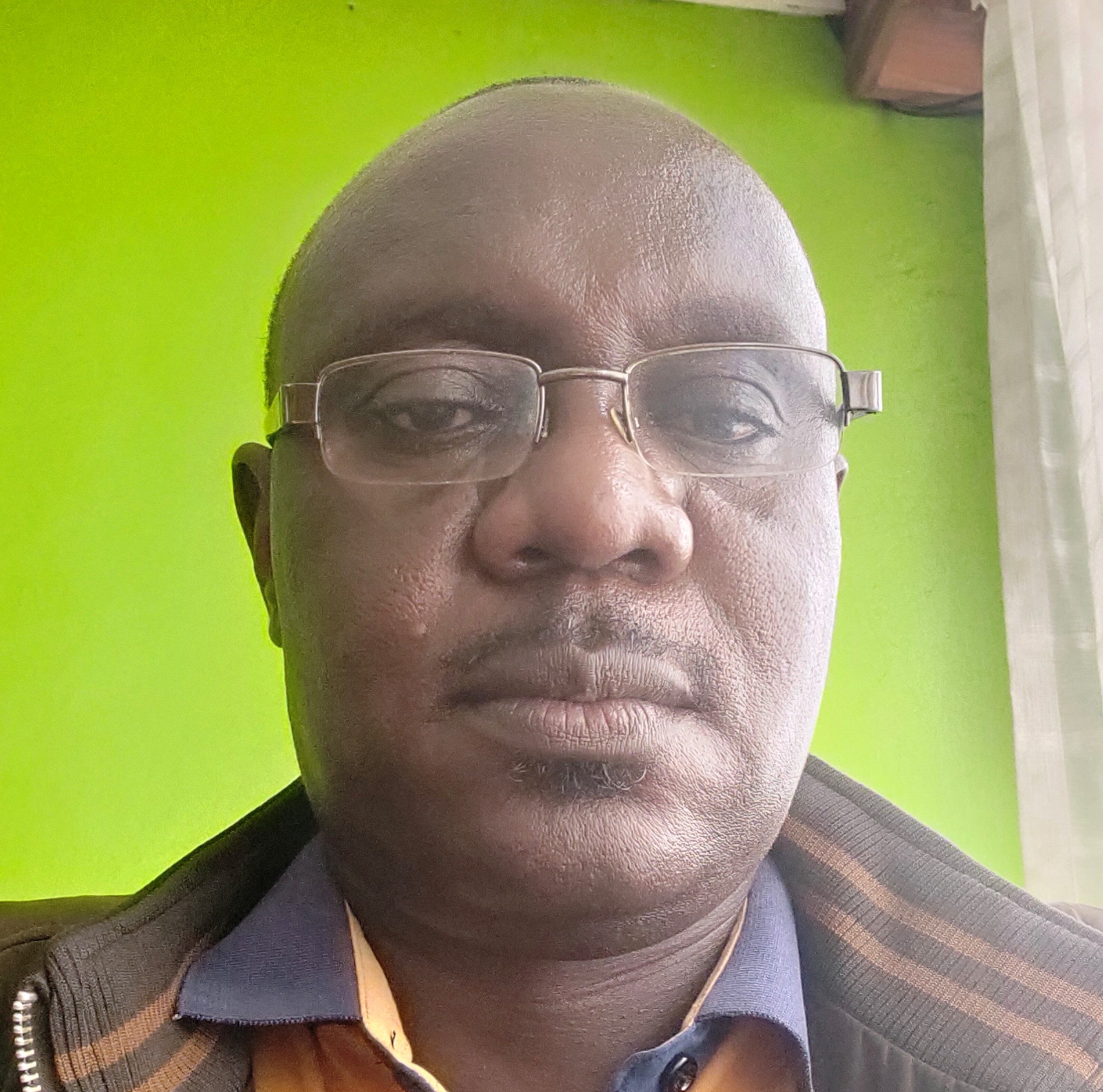DEPARTMENT OF PHILOSOPHY
AND LIBERAL STUDIES
Dr CHANDO AJWANG'
ACADEMIC TEAM LEADER (ATL)
Department of Philosophy and Liberal Studies
The Department of Philosophy and Liberal Studies (DPLS) is anchored on the principle that human development entails an integral material and cultural as well as intellectual progress and refinement, arising from a well-trained mind, disposed towards a critical analysis of reality, in order to discover the principles which underlie the primordial quest for perfective transcendence. Its core principle is that for a society to achieve comprehensive and integral development, it must adopt an honest, and non – dogmatic epistemic orientation towards reality. A non – perfunctory critical search and evaluation of the ultimate values and meaning of existence and the place of humans within the scheme of reality, is indispensable, if this fulfillment is to be achieved. A critical tool in this endeavor is a goal – directed philosophical reflection on the empirical world, as the basis of human material wellbeing, in a bid to annex it towards the fulfillment of the human being’s highest longings. Philosophical thinking is important in enlarging our conception of the world, enriching our imagination, while diminishing dogmatic assurances (which close the mind against speculation). It believes that, the ability to reflect, to carefully weigh evidence, and to be alive to, and wary of certitudes, which is a crucial outcome of philosophical study, can only be attained through research and innovation, and dissemination of a practical and contextually useful knowledge, based on sound theoretical foundations. Living in an age where Science and Technology have demonstrated their ability to structure human life in very decisive ways, it is important to cultivate a critical, evaluative attitude necessary for safe and productive use of their provisions. Science and Technology, by their nature, are not evaluative, and cannot set their tasks according to a scale of values. But without valuational judgments, science and technology can pose a great danger to human life itself. To avoid/mitigate these potential dangers, there is need for a philosophical evaluation, to give assessment and direction to our scientific and technological pursuits.
The Department of Philosophy and Liberal Studies (DPLS) is anchored on the principle that human development entails an integral material and cultural as well as intellectual progress and refinement, arising from a well-trained mind, disposed towards a critical analysis of reality, in order to discover the principles which underlie the primordial quest for perfective transcendence. Its core principle is that for a society to achieve comprehensive and integral development, it must adopt an honest, and non – dogmatic epistemic orientation towards reality. A non – perfunctory critical search and evaluation of the ultimate values and meaning of existence and the place of humans within the scheme of reality, is indispensable, if this fulfillment is to be achieved. A critical tool in this endeavor is a goal – directed philosophical reflection on the empirical world, as the basis of human material wellbeing, in a bid to annex it towards the fulfillment of the human being’s highest longings. Philosophical thinking is important in enlarging our conception of the world, enriching our imagination, while diminishing dogmatic assurances (which close the mind against speculation). It believes that, the ability to reflect, to carefully weigh evidence, and to be alive to, and wary of certitudes, which is a crucial outcome of philosophical study, can only be attained through research and innovation, and dissemination of a practical and contextually useful knowledge, based on sound theoretical foundations. Living in an age where Science and Technology have demonstrated their ability to structure human life in very decisive ways, it is important to cultivate a critical, evaluative attitude necessary for safe and productive use of their provisions. Science and Technology, by their nature, are not evaluative, and cannot set their tasks according to a scale of values. But without valuational judgments, science and technology can pose a great danger to human life itself. To avoid/mitigate these potential dangers, there is need for a philosophical evaluation, to give assessment and direction to our scientific and technological pursuits.
Physical Location: Extelecoms House, 3rd Floor, Room 305
